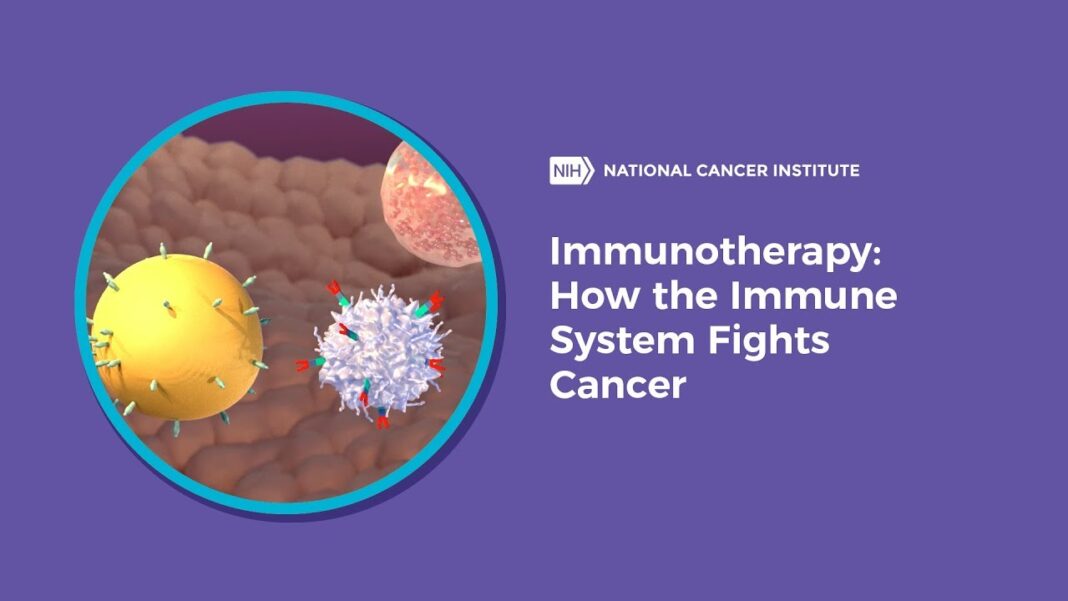Acetaminophen, commonly sold under the brand name Tylenol and many others, has been considered the safest painkiller for women who are pregnant.
A recent study found that acetaminophen usage during pregnancy may be associated with a higher likelihood of the child developing autism spectrum disorder or ADHD later on in their childhood.
Acetaminophen, commonly sold under the brand name Tylenol and many others, has been considered the safest painkiller for pregnant women to manage fever, headache, and other pain. It’s also called paracetamol in other countries, including the United Kingdom.
But in the study published earlier this month, researchers led by Andrea Baccarelli of Harvard University found that when children are exposed to the drug during pregnancy “they may be more likely to develop neurodevelopmental disorders (NDDs) including autism and ADHD,” a university press release said on Aug. 20.
Analyzing the results of 46 studies on the painkiller that represents data from 100,000 participants, the researchers looked at a possible connection between pregnant women taking acetaminophen and neurodevelopmental disorders such as autism and ADHD, also known as attention-deficit/hyperactivity disorder.
Their analysis, according to the study’s conclusion, “identified studies that found a statistically significant increased risk of NDDs such as ADHD and [autism spectrum disorder] from prenatal acetaminophen exposure, as well as a smaller number of studies that did not find such an association.”
The study, published on Aug. 13 in the BMC Environmental Health journal, did not show that acetaminophen can directly cause autism and ADHD, but the researchers involved in the paper raised concerns about current clinical guidelines around administering the painkiller for pregnant women.
“Our findings show that higher-quality studies are more likely to show a link between prenatal acetaminophen exposure and increased risks of autism and ADHD,” said Diddier Prada, an assistant professor at the Icahn School of Medicine at Mount Sinai who was involved in the study, in a statement. “Given the widespread use of this medication, even a small increase in risk could have major public health implications.”







